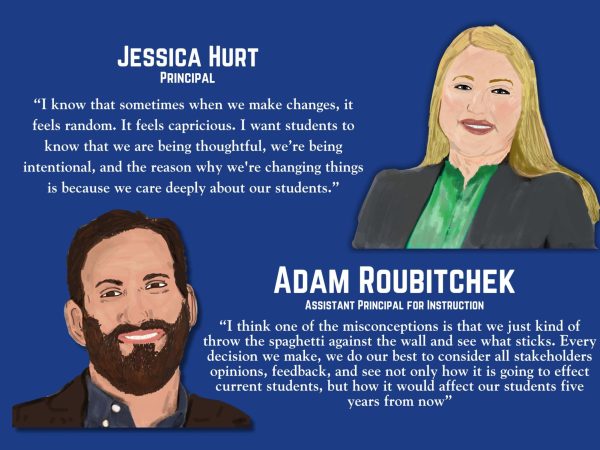Is going gluten free really better for you?
Going gluten-free seems to be the hot new diet; everyone from Miley Cyrus to Lady Gaga have spoken of the wonders of a gluten free diet, but what is gluten and why is it supposedly bad for you?
Gluten is a general name for the proteins found in wheat (durum, emmer, spelt, farina, farro, KAMUT® Khorasan wheat and einkorn), rye, barley and triticale. Gluten acts as glue that holds food together according to celiac.org. The question is this: if the protein that is found in the foods Americans eat daily, is it really bad for our health?
For some people it is; if you have celiac disease, eating gluten is very detrimental to your health. Celiac disease is a disease that causes your body’s immune response to attack the small intestine when you eat the protein gluten. This then leads to damage on the villi, small fingerlike projections that line the small intestine, that absorb nutrient. When the villi get damaged, nutrients are not absorbed properly into the body. It is estimated that 1 in every 100 people worldwide suffer from celiac disease according to celiac.org.
If you don’t have celiac disease, but products with gluten upset your stomach you might have gluten intolerance.P.E teacher, Ms. Thiede; experience stomach problems for a prolonged period of time and went to many doctors with no answers. She finally took a test for celiac disease and had one turn out positive and one negative. This prompted her to give up the protein.
“I chose to try going gluten free to see if it would help my symptoms, and it immediately did. I was no longer bloated, dizzy, and nauseous, so I haven’t eaten wheat, barley, rye, or malt since then,” said Ms.Thiede, who now has been gluten free for six years.
For many people who have the disease, avoiding gluten is the only option; however, the diet is also a trend for those who are not affected by celiacs.
Looking to improve her health, senior Kate Leonard tested out the gluten free diet for about three months.
“There wasn’t an extreme difference, but I definitely felt more energized,” said Leonard.
Her claim of feeling more energized with cutting out the protein is one of many. These claims though do not have much scientific backing as researchers have discovered that cutting out gluten leads to a lack of nutrients needed to maintain a healthy, balanced diet.
According to a report by doctors at Mayo Clinic, a gluten-free diet may lead to lower levels of iron, calcium, fiber, folate, thiamin, riboflavin and niacin.
Many people link the elimination of gluten to weight loss, but this is not entirely true. Eliminating bread and other carbs from a diet will most likely result in weight loss, as carbs take longer to digest, but with the huge market of “gluten-free” options you can easily find replacements for your favorite treats such as, cookies, breads, and pizza.
These gluten-free options are not necessarily better for you just because they do not have gluten. To make up for the lack of gluten, they can be higher in fat, sugar, and calories, which then can lead to weight gain.
If you think you have a gluten intolerance problem, you should talk to a doctor about how you can slowly eliminate gluten from your diet; but if you do not have a medical problem with gluten, do not swear off the protein just because your favorite celeb has. Gluten is an important part of your diet, so keep eating bread, guilt free!






